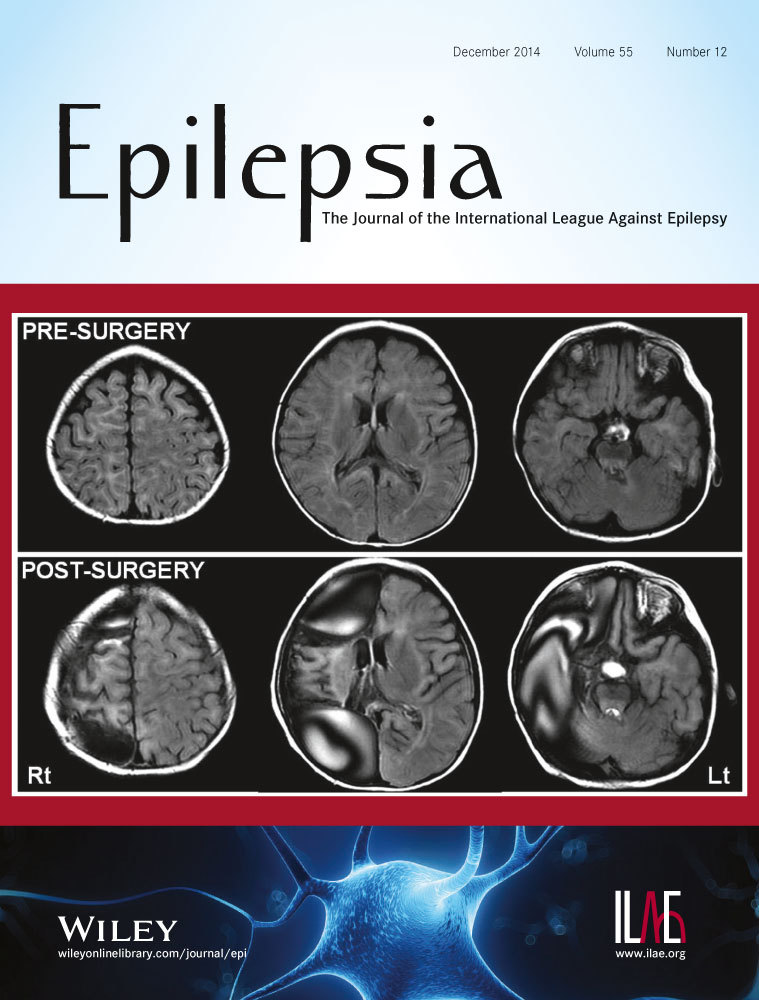Academic achievement in school-aged children with active epilepsy: A population-based study
Summary
Objective
To provide population-based data on the performance of school-aged children with epilepsy on measures of academic achievement and factors associated with this performance after controlling for IQ.
Methods
Eighty-five (74%) of 115 children with “active” epilepsy (experienced a seizure in the past year and/or on antiepileptic drugs [AEDs]) underwent psychological assessment including measures of IQ, aspects of working memory and processing speed. Sixty-five of the 85 were able to complete subtests on the Wide Range Achievement Test–Fourth Edition (WRAT-4). Paired sample t-tests were conducted to compare subtest scores. Factors associated with academic performance after controlling for IQ were examined using linear regression.
Results
Seventy-two percent of the children, who could complete subtests on the WRAT-4, displayed “low achievement” (1 standard deviation [SD] below test mean) and 42% displayed “underachievement” (1 SD below assessed IQ) on at least one of the four WRAT-4 subtests. The mean scores on the Math Computation subtest and Sentence Comprehension subtest were significantly lower than scores on the Word Reading (p < 0.05) and Spelling (p < 0.001) subtests. Younger age at seizure onset was associated (p < 0.05) with decreased scores on three of the four WRAT-4 subtests after controlling for IQ. Difficulties with auditory working memory were associated with difficulties on reading comprehension (p < 0.05), and parent-reported difficulties with school attendance were associated with decreased scores on the Spelling and Word Reading subtests after controlling for IQ (p < 0.05).
Significance
Difficulties with academic achievement are common in school-aged children with “active” epilepsy. Much of the difficulties can be attributed to lowered global cognition. However, specific cognitive deficits, younger onset of first seizure, and school attendance difficulties may contribute to difficulties independent of global cognition. There is a need to screen all children with “active” epilepsy for difficulties in school achievement, to identify contributory factors and to identify efficacious interventions for ameliorating such difficulties.




